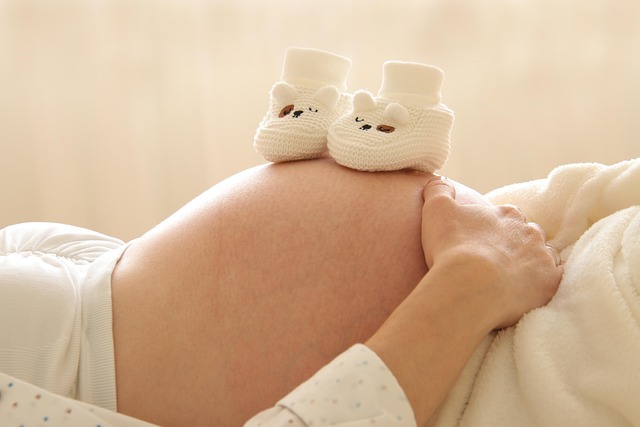As a mother to an only child, I frequently encounter questions about when I will have another baby. My daughter just celebrated her fourth birthday, and I often hear comments warning me that if I wait too long, the age gap will become too significant, or worse, my body might not be up for it anymore. The pressure to have another child feels palpable at times, with many insisting it’s crucial for my daughter to have a sibling.
When I express my decision to be “one and done,” the reactions can be perplexing. I often see disbelief etched on people’s faces. “But won’t your child miss out on having a sibling?” they ask. “Isn’t she lonely?” And then there’s the classic, “It’s so much easier with two; they can entertain each other.”
I don’t dismiss these sentiments; they’ve crossed my mind. Siblings can indeed be a blessing. I grew up with an older brother who was my hero. We spent countless hours playing together, which gave my parents some much-needed quiet time. Yet, there are moments when I feel a twinge of sadness watching siblings share laughter and hugs. I sometimes wonder if my daughter is missing out on a vital part of childhood by not having a brother or sister. However, I realize that having another child is not the solution to my concerns, especially since I’m content with my current family dynamic.
Is that selfish? Perhaps, but not entirely. Parenting styles are often influenced by our own childhood experiences. My parents both worked, and I spent a lot of time alone as a latchkey kid. My brother, being three years older, had different interests and often preferred his own company. While I had a sibling, I didn’t always feel his presence as a source of companionship. This shaped my approach to motherhood; when my daughter was born, I aimed to be fully engaged in her life, providing the presence I longed for as a child.
I’m not a hovering parent, but I’ve embraced the unique relationship I have with my only child. Knowing this is my sole opportunity to be a mother, I’ve made choices that reflect my commitment to her. We co-sleep, I breastfed until she turned three, and I carve out dedicated time for her every day. This level of involvement allows me to bond with her deeply, something my parents couldn’t do due to the demands of managing multiple children.
While my daughter may not know the camaraderie of having siblings, she enjoys a special connection with her parents. Contrary to the notion that only children become spoiled or selfish, I’ve observed that my daughter has developed a strong sense of security and confidence. She understands that she doesn’t have to compete for attention or love, which has fostered her generous nature. She learned to share early on, knowing her friends would leave and that her toys would be hers again soon.
Raising just one child has also made it easier to integrate her into my life. There’s a certain freedom in managing life with one little one. We spend quality time together as she joins me in teaching classes, attending meetings, and participating in social events. Her exposure to adult conversations has enhanced her vocabulary and cognitive skills, giving her an intellectual edge.
Recently, my daughter asked when I would have another baby so she could have a sister. I felt a rush of emotion as I explained that our family was perfect just the way it is. I asked her if she was okay with my decision not to have more children. After a moment of contemplation, she hugged me tightly and said, “Yes, Mommy, I’m really happy too.”
While large families have their own unique joys, the intimacy of a small family can be equally fulfilling. For more insights on parenting and child behavior, check out our blog on why toddlers pull their own hair and how to help them stop. If you’re considering home insemination, visit Make a Mom for reliable resources on artificial insemination kits. For a deeper understanding of the process, WebMD offers excellent information on IUI success rates.
Summary
Choosing to have an only child can be a deeply personal decision, influenced by one’s upbringing and desires for parenthood. While there may be societal pressures to have more children, many mothers find profound joy and fulfillment in raising a single child. This unique bond often fosters security and self-assuredness in the child, allowing for a nurturing environment that can be just as rich as a larger family.

